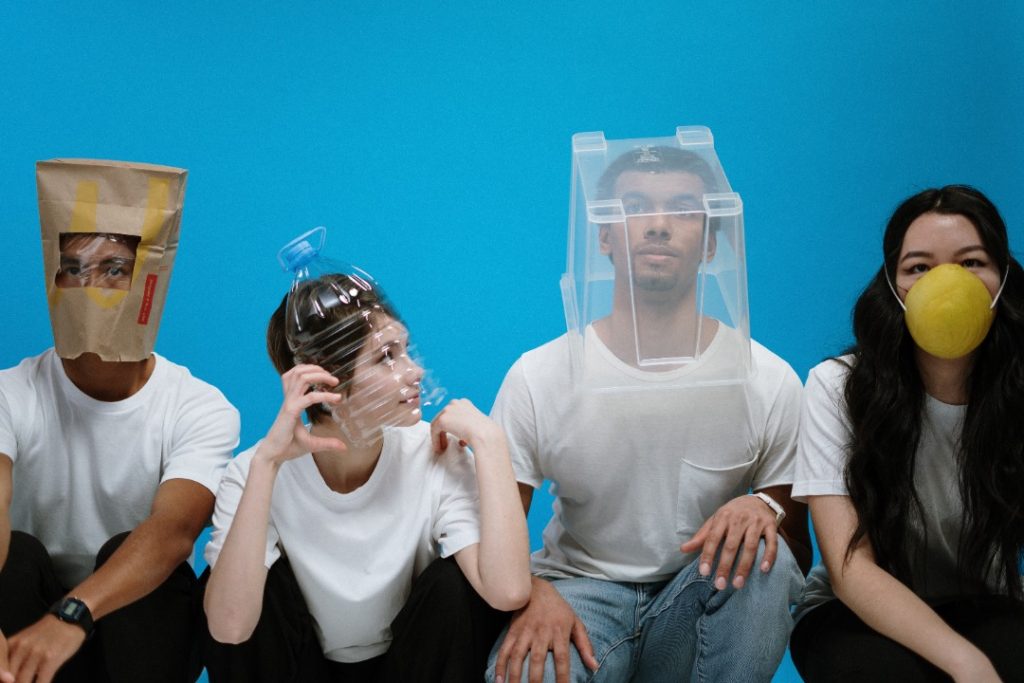As the death toll from the coronavirus reaches nearly 2.1 million, countries around the world are racing to vaccinate their populations. Many countries have gone to the World Health Organization requesting compulsory licensing of Covid-19 vaccine patents due to the soaring demand and limited supply of the vaccine. The severity of the coronavirus crisis has led many to argue that products for the prevention and treatment of Covid-19 should be global public goods. This “compulsory licensing” approach has been supported by countries such as South Africa and India. A compulsory license suspends the monopoly effect of a patent holder to produce and supply the product.

Last October, Moderna, a pioneer in the development of messenger RNA (mRNA) vaccines and therapeutics, announced that it would not enforce patent rights related to its coronavirus vaccine during the pandemic. Moderna has also announced that it will allow open access to patents for the “pandemic period,” and is willing to out-license the same intellectual property once the pandemic is over. This exemplifies an effort among public and private actors to launch collaborative global efforts to develop and manufacture therapeutics, vaccines, and diagnostics with the aim of guaranteeing equitable access. Actions include committing to non-exclusive and royalty-free licensing or issuing non-enforcement declarations of patent rights in some or all jurisdictions, publishing scientific data on a free-to-use basis and sharing knowledge.

In May, the World Health Organization formally launched a voluntary pool to collect patent rights, regulatory test data, and other information that could be shared for developing drugs, vaccines, and diagnostics to combat Covid-19. Α similar proposal was submitted by Greece last spring, which suggested the member states of the European Union jointly buy patent rights for vaccines against Covid-19 to help ensure that if they are effective, they are quickly distributed to those in need across the bloc. A key figure behind this proposal is Elias Mossialos, a health policy professor at the London School of Economics and Greece’s representative to international organizations dealing with the coronavirus pandemic.
Last March, the parliament of Chile unanimously adopted a resolution declaring that the global coronavirus outbreak justifies the use of compulsory licensing to facilitate access to vaccines, drugs, diagnostics, devices, supplies, and other technologies useful for the surveillance, prevention, detection, diagnosis, and treatment of people infected by the coronavirus in Chile. The same month Israel issued compulsory patent licenses related to an HIV medicine called Kaletra currently being tested, including in combination with other products, for effectiveness in the treatment of Covid-19.

Some believe that this path should be followed in a coordinated manner on a global scale. However, those who disagree with this approach also have strong arguments. “Compulsory licensing is a useful mechanism to enhance access to Covid-19 health technologies, however it should not become the default strategy that countries take as it may lead to disincentives for private investment into R&D,” Mossialos noted. In his view, the Covid-19 crisis necessitates exceptional responses, but instead of using compulsory licensing which may not be sustainable for encouraging long-term innovation, it is better to reward Covid-19 health technology developers with value-based purchases IP rights for their products.
“If companies like Pfizer, Moderna and AstraZeneca can produce all the necessary vaccines on their own and can meet the demand, then there is no problem. But if they cannot produce the billions of vaccines needed in time, then they could be paid extra, to grant the IP rights and share the vaccine production with other companies,” he said.

Indicatively, the European Union has agreed to pay 15.50 euros ($18.90) per dose for the Covid-19 vaccine developed by Pfizer and BioNTech. If there was an agreement between the producers and EU for the IP rights, as described above, then this price could increase.

